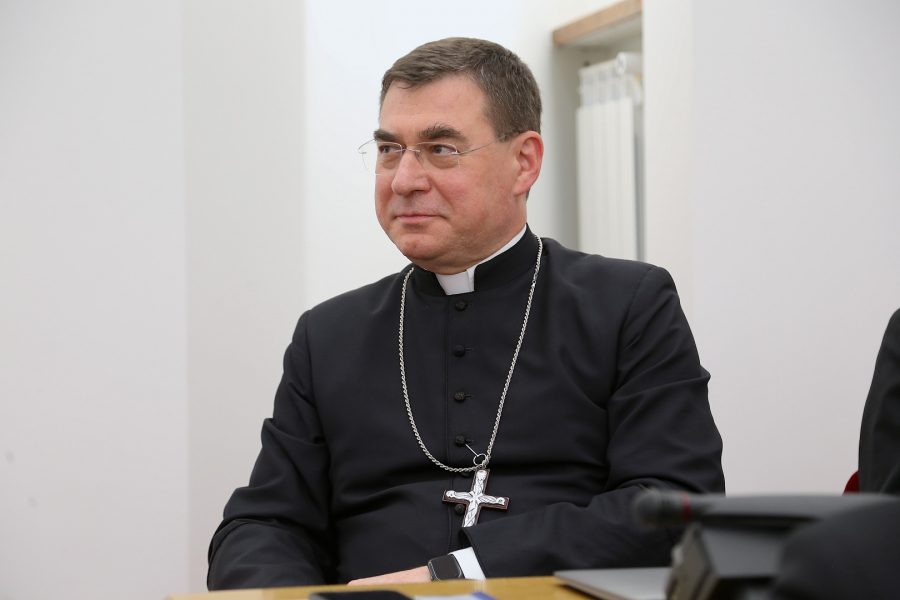( Catholic Education Commission of the Polish Episcopal Conference. Tomasz Kopiczko).
The Catholic Education Commission of the Polish Episcopal Conference expressed its opposition to the solutions proposed by the Ministry of National Education regarding combining students of different classes during religion lessons at school. We read about it in the communique from the meeting of the Commission, which met on May 17 under the chairmanship of Bishop. Wojciech Osial. The Commission reminded that any changes should always be made in accordance with applicable law and in consultation with all churches and religious associations.
The meeting of members and consultors of the Catholic Education Commission of the Polish Episcopal Conference took place under the chairmanship of Bishop. Wojciech Osial. The main topic was issues related to the changes introduced by the Ministry of National Education in the organization of religion classes at school. “The Commission for Catholic Education continues to remind us that any changes should always be made in accordance with applicable law, through mutual dialogue and in consultation with all Churches and religious associations,” we read in a statement after the meeting.
The committee “expresses strong opposition to the solutions proposed by the Ministry of National Education, which involve combining students between different classes into groups of up to 25 people (grades 1-3) and 30 people (grades 4-8).” He adds that “hasty introduction of changes from the next school year also poses a threat to religious teachers, who remain uncertain as to the scope of their employment.”
Continue reading…


